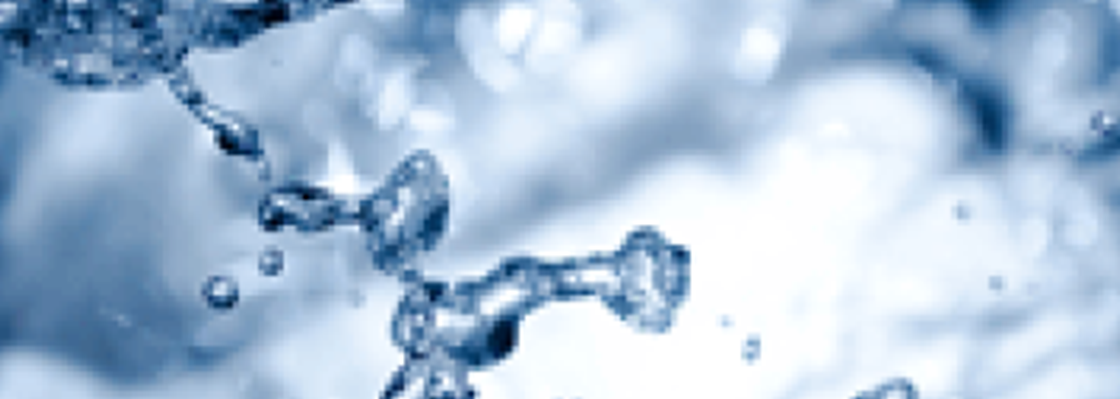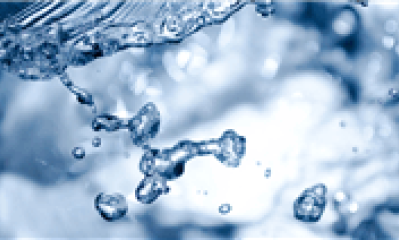Today on Dispotech’s blog we are going to talk about water, the importance of constant hydration and the necessary maintenance of water homeostasis in our bodies. To do so, we use the support of an interesting article published on news-medical.net.
Water is an essential element for the survival of all living things on earth: without water, humans can only stay alive for a few days. Not to mention that, as we know, water makes up about 75% of the body of an infant and 55% of the mass in the elderly. However, since humans tend to constantly lose water from their bodies (through urine and faeces, sweating, breathing, etc.), maintaining water homeostasis in the body is of paramount importance.
Water homeostasis is a network of physiological controls regulated by the body to maintain the necessary levels in the body. This is achieved by satisfying the thirst stimulus, a biological instinct controlled by sensory receptors located in the brain, specifically in the hypothalamus, which detect changes in blood plasma. When a low blood volume is detected, the hypothalamus is activated and triggers the urge to drink. Homeostasis is essential because it provides a balance between fluid loss and fluid intake.
Dehydration
Dehydration is the condition whereby a living being experiences a significant loss of fluid and for which no remedy is taken. As a result, the body is unable to perform its normal functions.
Dehydration can affect anyone, but it is very serious and disabling for children (who can also become severely dehydrated through diarrhoea or vomiting) and the elderly (for whom dehydration can also be a consequence of other illnesses); unfortunately, severe dehydration is difficult to treat.
Here are some of the medical consequences of being dehydrated:
- heat strokes, heat exhaustion;
- convulsions;
- urinary and kidney problems;
- hypovolemic shock.
Hydration
From what we have read so far, there are several reasons why staying well hydrated is essential for our survival. Here are some other functions for which it is important to be hydrated:
- regulation of body temperature;
- removal of body waste;
- digestion.
In conclusion, how much water should we drink in order for our bodies to function properly? We could simply answer that each of us should be thirsty on a regular basis in order to take the right amount of fluids on a daily basis.
A 2004 study by the United States National Academies of Sciences, Engineering, and Medicine determined that, to maintain proper health levels, men should consume about 3.7 litres of fluid per day, while women should consume about 2.7 litres.
However, these recommendations vary from person to person: everyone's fluid requirements depend on several factors such as age, gender, general health and physical activity.
A way to check if your hydration level is adequate, is to observe the colour and smell of your urine. If the person is well hydrated, the urine will be lighter in colour. If it smells strongly, the person has a dehydration problem.
What do you think of this article? Contact the Dispotech team.


















